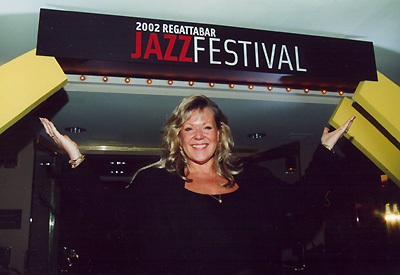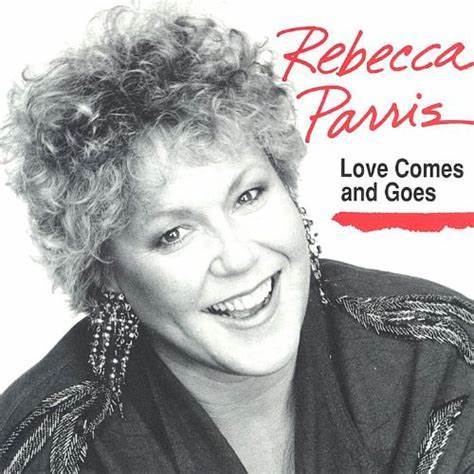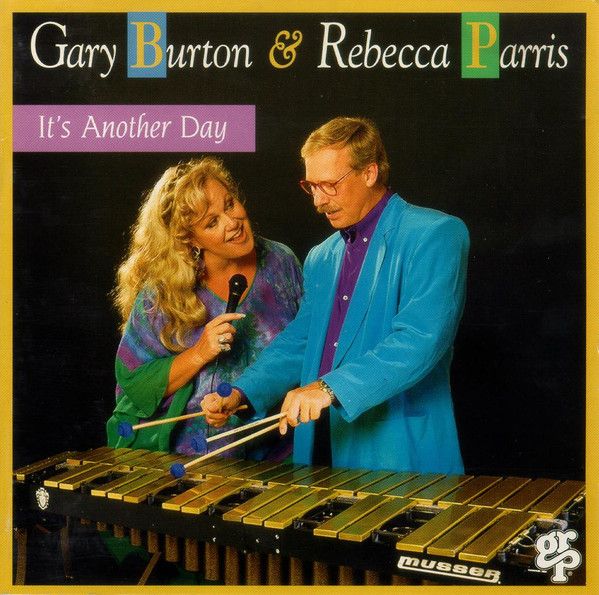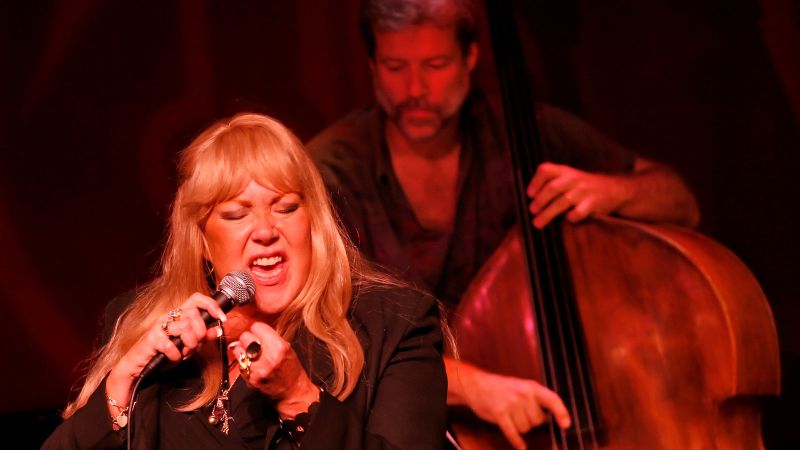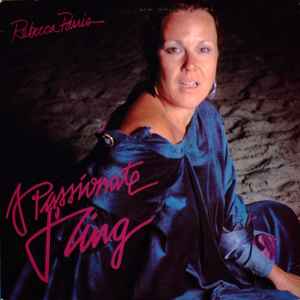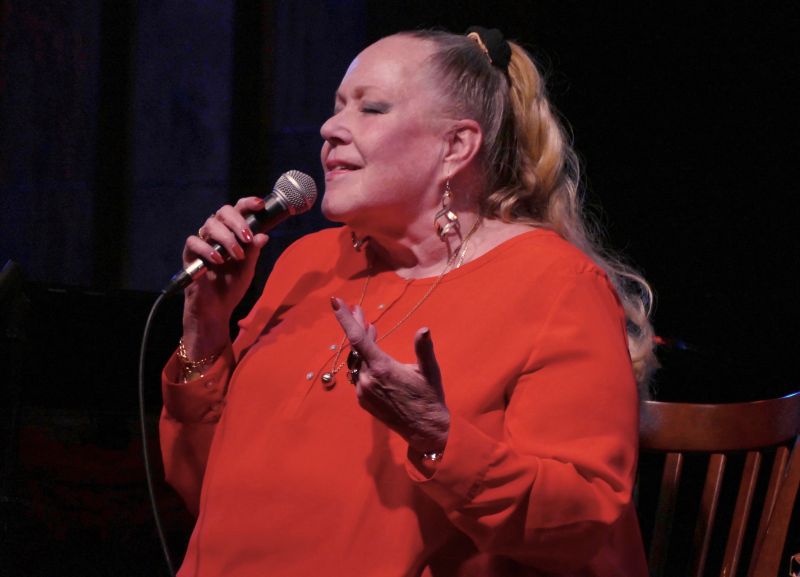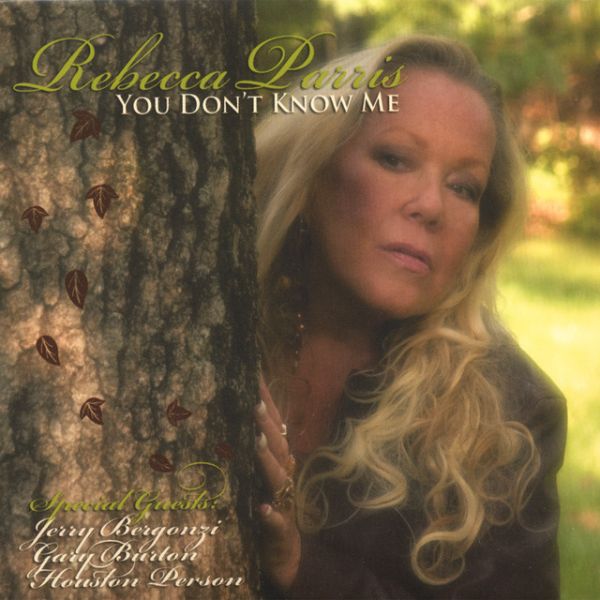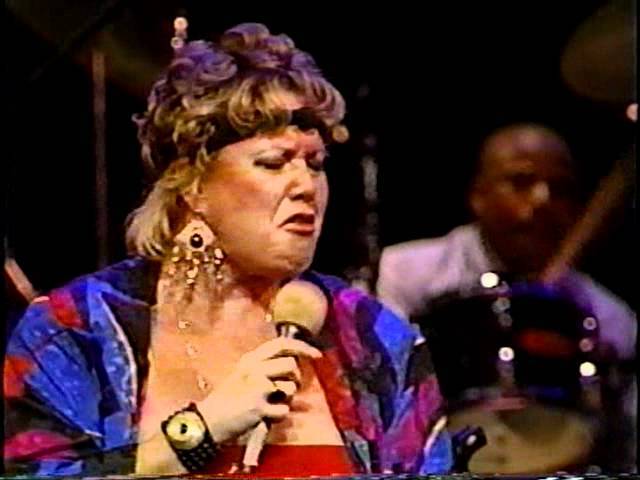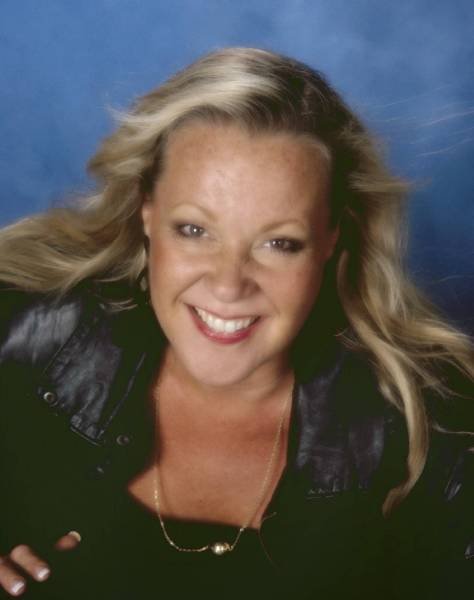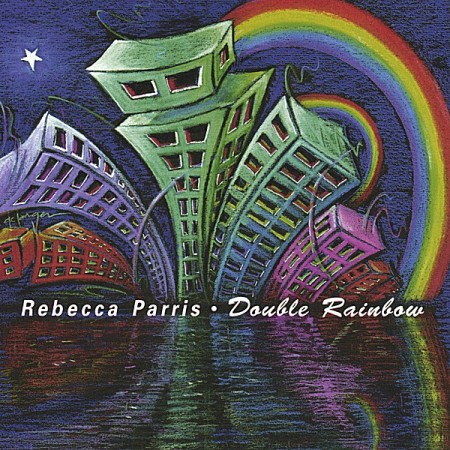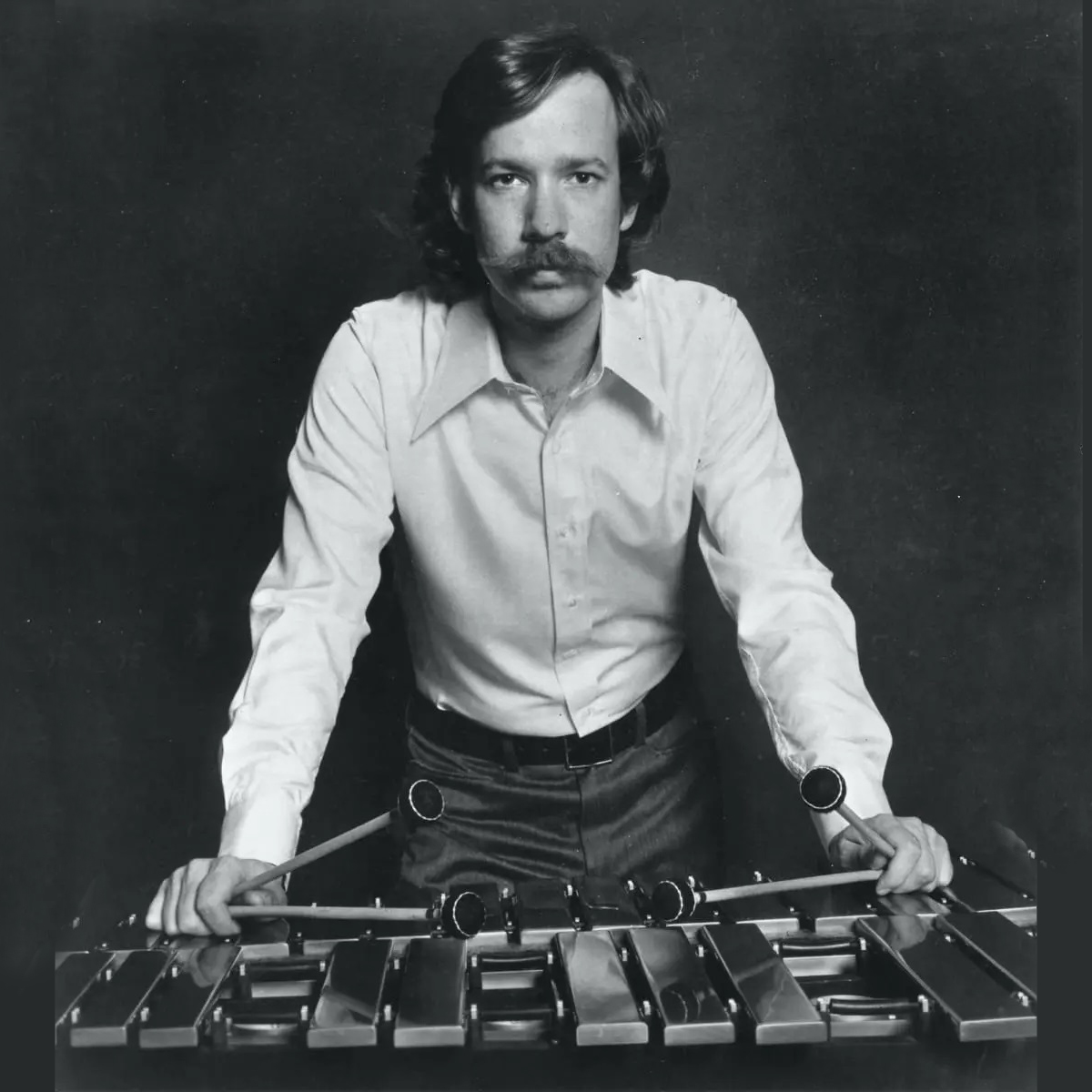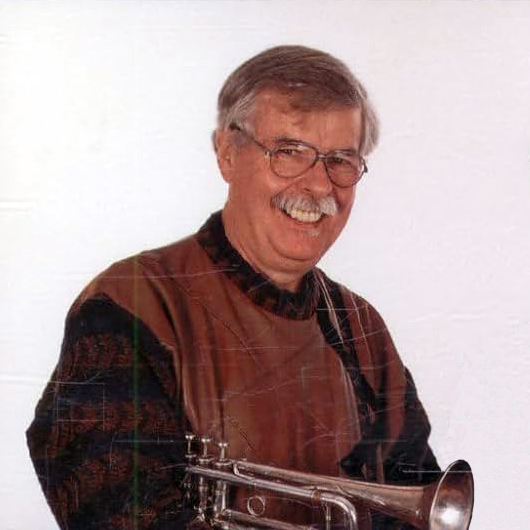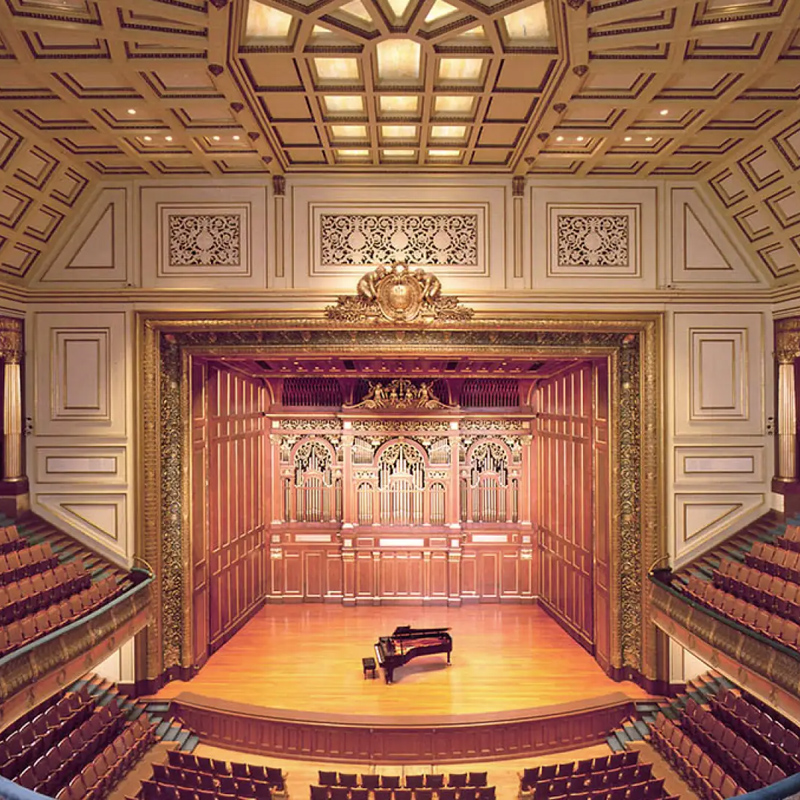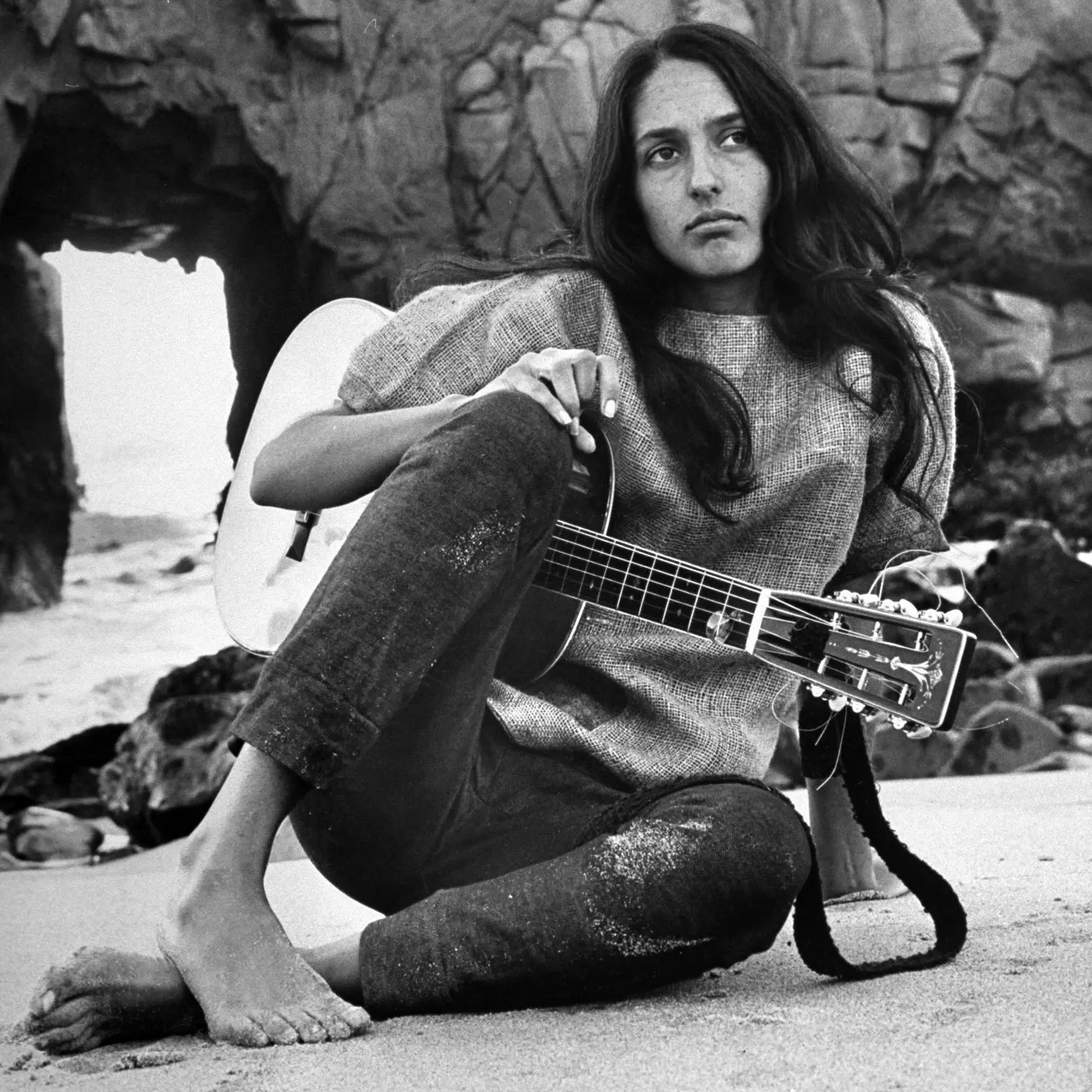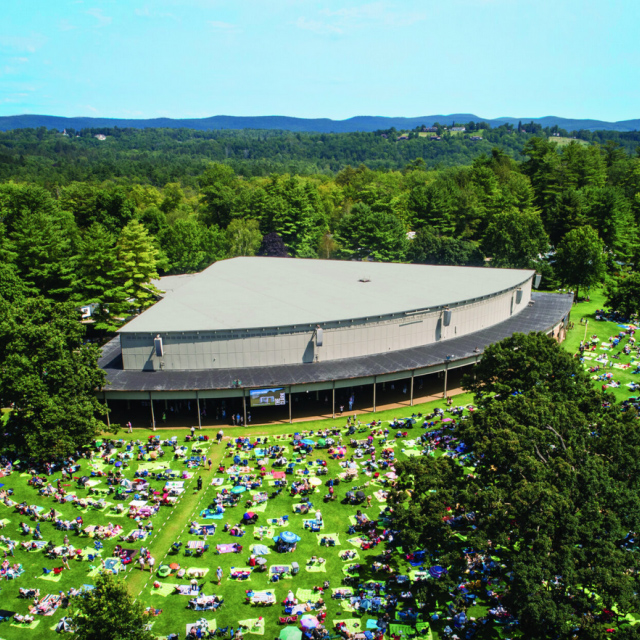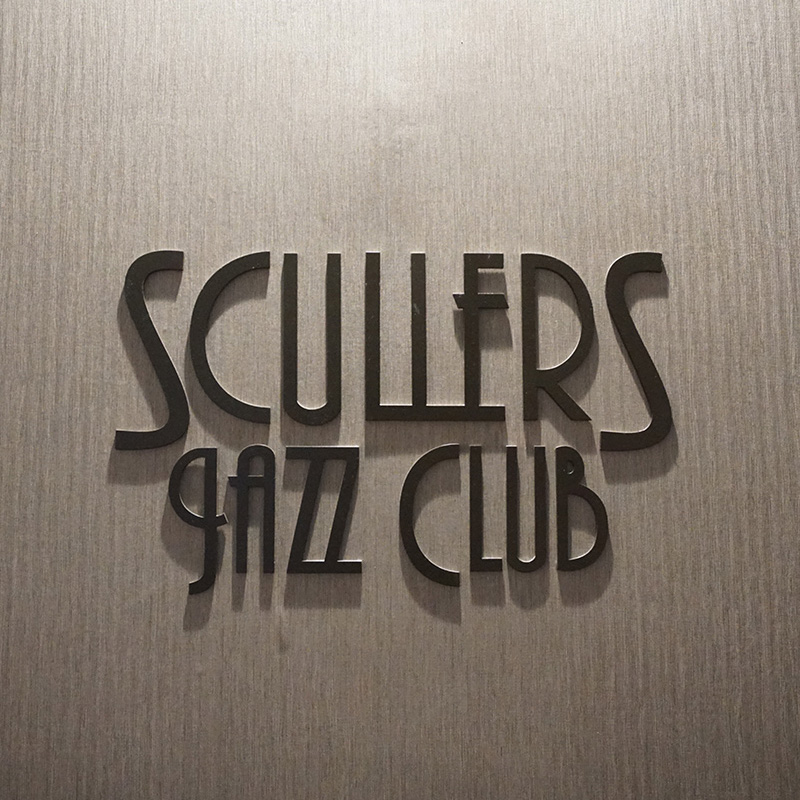Rebecca Parris
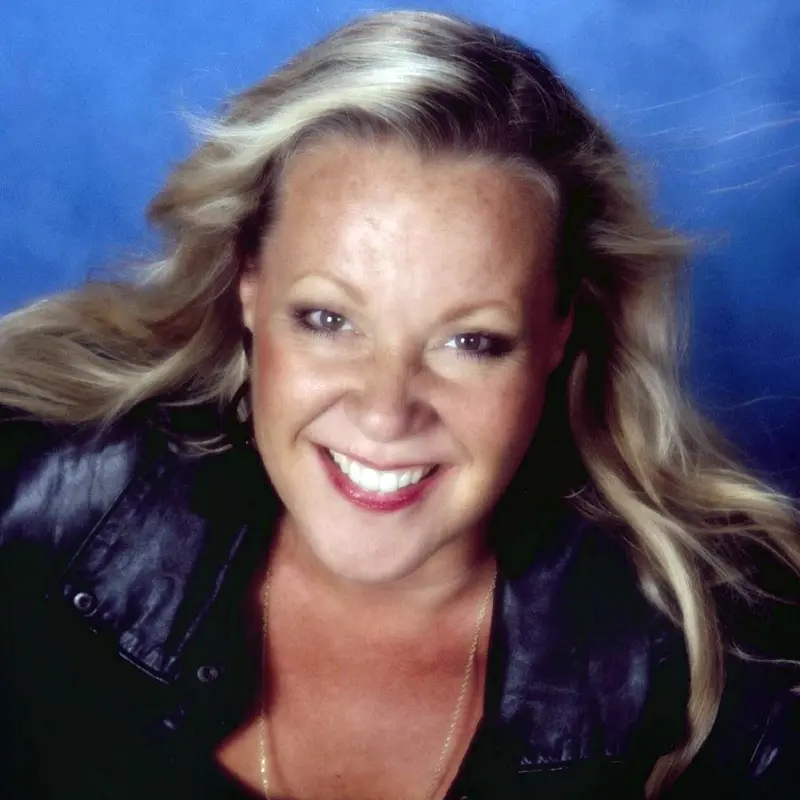
Ella Fitzgerald was known by three nicknames, “Lady Ella,” “The First Lady of Song” and “The Queen of Jazz,” and the most common description of Rebecca Parris is a combination of the last two, with a geographical twist: “Boston’s First Lady of Jazz.”
But while Fitzgerald was renowned for the sublime sweetness of her voice, Parris was celebrated for her soft-as-sandpaper one, which was decidedly raspier and more rugged than Fitzgerald’s but in no way less nuanced. And the gruffness and gravel in her vocals gave her delivery a robust, complex texture, much as it did for her musical forebearers Nina Simone (“The High Priestess of Soul”), Koko Taylor (“The Queen of the Blues”) and, of course, Etta James (“Peaches,” based on her light-skinned complexion).
Overview
Known for her scorching scat runs and deeply moving interpretations of ballads, over the course of her 45-year, 10-album career, Parris performed with luminaries including Count Basie, Dizzy Gillespie, Ray Charles, Wynton Marsalis and Buddy Rich, headlined prestigious venues like the Blue Note, Birdland and the Apollo Theatre in New York and Tanglewood and appeared at major events such as the Monterey Jazz Festival, the North Sea Jazz Festival and the Oslo Jazz Festival.
A number of jazz-vocal legends sang her praises, including Shirley Horn, Sarah Vaughan and Carmen McRae and, while she never achieved widespread national recognition – despite regular rhapsodic reviews – Parris won nine Boston Music Awards between 1985 and 1993, which she displayed proudly on the walls of her home in Duxbury, Massachusetts. “She was very musical and had excellent taste in songs,” vibraphonist Gary Burton said told The New York Times in 2018 “She was underappreciated and underacknowledged.”
Musical beginnings, Vocal training
Born Ruth Blair McCloskey on December 28, 1951, in Needham, Massachusetts, and raised in nearby Newton, her parents, Ned MacCloskey and Shirley Robinson, were both accomplished pianists and music teachers, and her father was also a professor in the English department at Boston University. Often bullied during her years at Newton South High School for her six-foot height and acute eczema, she used to tell family and friends that her voice was her “salvation.” From age six to 18, she performed on the Massachusetts summer musical theater circuit and in junior high she sang with the jazz-vocal group The Greater Bostonians.
Throughout her childhood, Parris studied with her uncle, David Blair McClosky, an opera singer, voice trainer and vocal therapist who taught at Boston Conservatory (now Boston Conservatory at Berklee), Boston University and New England Conservatory and whose clients included John F. Kennedy, Lyndon B. Johnson, former Massachusetts Governor Michael Dukakis, Joan Baez and actors Faye Dunaway and Al Pacino. His distinctive method, The McClosky Technique – now taught at the McClosky Institute of Voice in Maynard – helped Parris become as comfortable crooning a ballad as she was belting out a bossa nova.
Top-40 years, Shift to jazz
In September 1969, Parris enrolled at Boston Conservatory and studied opera and theatre until the end of 1970, when she dropped out after the first semester of her sophomore year and relocated to New York City, hoping to find work in musical theatre. After not landing any major roles, she returned to Boston less than two years later, where she spent the next 10-odd years fronting top-40-rock cover bands, playing around New England and the greater Northeast.
In the early ‘80s, after being encouraged by friends and sitting in on a few jazz gigs in Boston/Cambridge, Parris shifted her focus to jazz and the sky of her musical world opened in a way she never thought possible while playing in a rock group. “It was like manna from heaven for me: lyrics and chord changes and sensible whole thoughts and beautiful ideas,” she explained on the National Public Radio program Marian McPartland’s Piano Jazz in 2008. She adopted the stage name Rebecca Parris (after Cole Porter’s 1953 song “I Love Paris”) and landed regular spots at Scullers Jazz Club in Boston and Regattabar in Cambridge while performing at other venues and outdoor events such as Marblehead Summer Jazz and those at The Maudslay Center for the Arts in Newburyport.
Albums, Health issues
In 1984, Parris recorded her first album, A Passionate Fling, on the Shira label, and she cut six more before the turn of the century: Love Comes and Goes (1990, Entertainment Exclusives); Spring (1993, Musicmasters); A Beautiful Friendship (1994, Altenburgh); It’s Another Day (1994, GRP, with Gary Burton); Live at Chan’s (1998, Shira, recorded in Woonsocket, Rhode Island); and Double Rainbow (1999, Shira).
In the 21st century, she recorded three LPs, each at PBS Studios in Westwood, Massachusetts: My Foolish Heart (2001, Koch Jazz, rated five stars by All About Jazz magazine), The Secret of Christmas (2002, Shira, with a guest appearance by Herb Pomeroy) and You Don’t Know Me (Saying It with Jazz, 2007, with a guest appearance by Gary Burton). In 2004, she suffered a heart attack, followed by severe osteoporosis, which led to her losing six inches of height and needing to use crutches (sometimes a wheelchair) for the rest of her life, but she never took an extended break from performing.
Teaching
Like her parents and her uncle, Parris was passionate about teaching, both one-on-one and in workshop settings, with her lessons focused on vocal techniques, performance elements such as lyric delivery, scat and improvisation as well as the “business” side of the music industry. In 2003, according to JazzTimes magazine, she stressed the difference between vocalists and other musical artists by asking her students, “What is the one thing a singer has over a horn player?” and then answering the question herself immediately by exclaiming, “Lyrics! We’re the town criers! We’re the ones who remind people that they have a soul! We want to get in people’s faces and tell them the truth!”
Final performance, Death, Legacy
On June 17, 2018, Parris died at age 66, after she collapsed backstage following an appearance at the Riverway Lobster House in South Yarmouth at which she performed only two songs, “There Will Never Be Another You” (from the 1942 film Iceland) and “Old Devil Moon” (from the 1947 musical Finian’s Rainbow).
“She sounded excellent,” said pianist Paul McWilliams, who backed Parris at the show and was her live-in partner since 1984, in an interview with The New York Times. “When the band came back in, she was in perfect tune.” Parris’s final full concert was 11 weeks before her death, on March 31, 2018, at the Spire Center for the Performing Arts in Plymouth.
Jazz/pop vocalist Cheryl Bentyne, an 11-time Grammy winner who spent over a decade as part of The Manhattan Transfer and saw Parris perform four months before she passed away, said she had several qualities that made her a treasure within the jazz community. “[Rebecca] was a mistress of phrasing, of taking you deeply into a song. She made standards sound brand new,” she told Jazz Times in July 2018. “She could pull you down, but she lifted you up with her incredible brightness and sense of humor. Watching her, I thought, ‘This woman is deep as an ocean!’”
In an obituary that appeared in JazzTimes, journalist and biographer James Gavin echoed Bentyne’s remarks about the depth of Parris’ delivery while also noting her ferocious vocal power and remarkable creativity. “A blonde, zaftig, vivacious earth mother with a voice as deep and swaggering as a tenor saxophone,” he wrote, “Parris could blow on a standard with freewheeling imagination worthy of Ben Webster, and she swung just as hard.”
(by D.S. Monahan)

